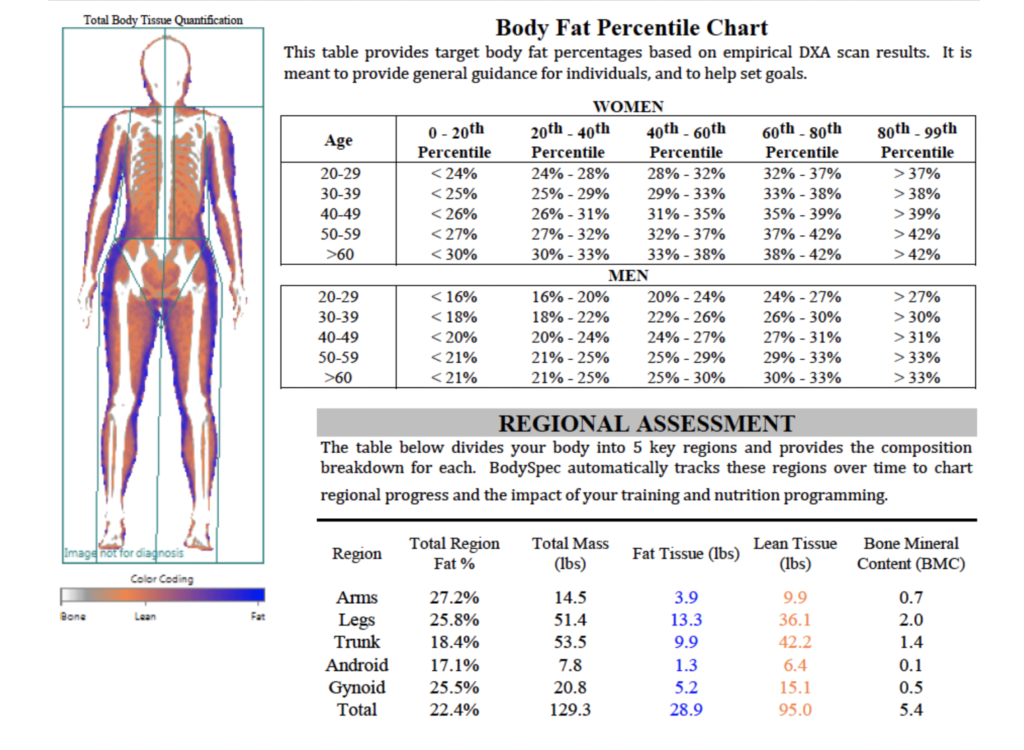Calories give us energy; energy fuels exercise; exercise builds muscles. So, obviously, we need calories to build muscles, right? Kind of. On 2022’s version of WebMD, aka TikTok, there are videos flying around about how it’s impossible to build up our biceps while in a calorie deficit.
As user @thefittrials puts it, “If you are in an environment where you are consuming less than you are expending, you don’t have the necessary building blocks to build muscle.”
The logic seems to check out, especially since my Gen-Z brain has been trained to bypass any critical thinking when it comes to well-lit videos. That’s why I rely on other clips from trained medical professionals like @dr_idz to vet all the wellness claims getting double-tapped on the daily.
As an acute medical doctor with a Master’s in nutrition, Dr. Idz routinely debunks all the fitness-related clickbait on our feeds. Since our Blogilates leader, Cassey, is planning to enter a calorie deficit for the last phase of her 90-day journey to muscle, I called Dr. Idz to get the 411 on what’s fact and what’s fiction when it comes to bulking up in a low-cal environment. So, let’s get Idz-y with it.
You CAN’T build muscle in a calorie deficit?
#weightloss #fatloss #nutrition #fitness
Can you build muscle while in a calorie deficit?
Short answer: Yes. In the wise (and informed!) words of Dr. Idz on TikTok, “Building muscle is not an energy-dependent process. It is a signaling-dependent process.” Those signals are high-intensity weight training and lots of protein—at least 1.6 g per kilogram of body weight every day. (Screaming, “Get swole!” at our glutes hasn’t been scientifically proven as a 3rd necessary signal, but it probably couldn’t hurt either.)
When our bodies get these signals, but not an excess of incoming calories, our burgeoning muscles pull their required energy from stored fat. As an example, Dr. Idz references a 2019 study that instructed 4 groups of women to practice varying levels of physical activity while on a 500-calorie deficit diet. All of the groups lost fat after 6 months, but only the group who went hard at the gym—like, harder than our stomach after Thanksgiving dinner—gained 1 kg of muscle in the process.

What is Body Recomposition?
Unlike the other 3 groups, the women who tipped their scales in favor of gains underwent body recomposition. “Body recomposition is less about your raw weight going up or down. It’s more about changing the actual tissue structure within your body,” Dr. Idz says. Those tissue structures are fat and muscle, and body recomposition aims to transform our fat cells into muscle to kill 2 birds with one stone.
A calorie deficit will take care of the fat loss, but to promote muscle growth, 3 things are key: 1) consistent resistance training to cause microtears, 2) a high protein intake (which Dr. Idz notes doesn’t have to be spaced throughout the day as long as we get the recommended amount in a 24-hour period), and 3) adequate recovery and rest, because those 2 days post-total ab annihilation is when the real magic happens.
How do I choose the right calorie deficit?
Based on current literature, Dr. Idz says, 200-400 calories below your maintenance is ideal for body recomposition. FYI, maintenance level (which some online calculators can roughly estimate) is the number of calories needed to stay at your current weight. Since that figure changes alongside our workout routines, it’s important to make sure we’re keeping a consistent calorie gap. If you’re aiming for a 300-calorie deficit and burning 2,500 calories, you’ll want to consume 2,200 calories. If your workouts progress to the point where you’re burning 3,000 calories a day, up that intake to 2,700 calories. Make sense?
Also worth keeping in mind, the more energy you expend while on a low-calorie diet, the more your body will try to make up for it. “The body is very smart,” Dr. Idz explains. “It will find ways to conserve energy in other aspects of your life because you burned 500 calories from that workout. So actually, your new maintenance might not be 2500. It might be 2200 because you saved 300 calories elsewhere.”
Those other ways could manifest in fidgeting less throughout the day or, in my case, knocking out for 2 hours after an attempt at jogging. (Seriously, it’s shoes off, ponytail down, snore.) Counting calories is never super fun either, and it’s natural to struggle with finding your maintenance and ideal deficit since online calculators don’t know the ins and outs of your metabolism. Dr. Idz says finding which figures are right for you is a process of trial and error, so don’t get discouraged if you’re not in the swing of things on the first try.

Should we even train in a calorie deficit?
Although it’s possible for our bodies to rely on fat cells instead of our 2 P.M. brownie, there are some challenges when putting it into practice—primarily maintaining progressive overload. As our muscles get stronger, we need to increase the difficulty of our workouts. That’s why exercise regimens routinely add more weight or more reps to keep your body from plateauing. “If you’re in a calorie deficit, you’re using body fat to fuel your workouts,” Dr. Idz explains. “Over time, it will become harder to carry on progressive overloading because you’re not in excess of energy.”
In translation, while we could manage a run and some chest presses without a spare 300 calories, adding on some burpees might be pushing it too far. “Think about how your body is responding to your calorie deficit,” Dr. Idz reminds. “If you’re feeling run down and you can’t get any motivation, then go back up to baseline.” And going back to baseline doesn’t mean you failed—it’s actually part of the process. “You can body recomp to a certain point, but it won’t be optimal for building muscle forever. Some periods of that journey need to be in a surplus to refuel yourself and prevent lethargy, burnout, and fatigue,” he says.
At the end of the day, it’s natural for our bodies to hit a wall during growth, but it’s crucial that we listen out for that smack, because that’s when it’s time to rest up, add 400-500 calories back to your diet, and finally catch up on Love is Blind. That way, you can build back your energy reserves and live to squat another day.
Source by www.blogilates.com






